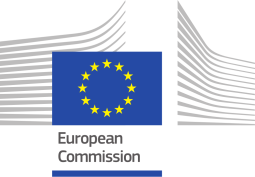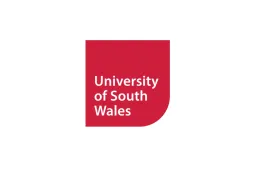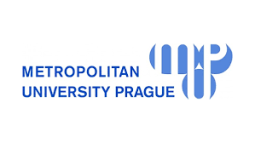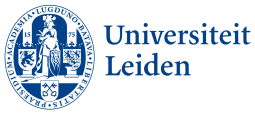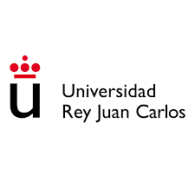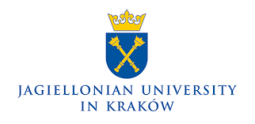The Maria Salomea (Marie) Skłodowska-Curie EU-GLOCTER (EUropean GLOCal Counter-TERrorism) Doctoral Network is a European Commission funded excellence program made out of 11 doctoral projects. Each project will produce the expertise that the EU and its Member States require to effectively address the emerging terrorist threat. It is highly innovative in its emphasis on analysing EU counter-terrorism through the lenses of ‘glocalism’ at different levels, ranging from the local through the EU to the global level, and in the crossing of the public-private sector boundaries.
The network consists of 11 doctoral candidates placed with 25 participating institutions, universities, think-thanks, and NGOs across 13 different countries in Asia, Europe, and the Americas. The time period of the doctoral projects is 3 years, from October 2024 to October 2027.
The International Centre for Counterterrorism (ICCT) is one of the lead beneficiaries of EU-GLOCTER, heading its Global Counter-Terrorism Work Package (WP3) and hosting 1 PhD candidate for the entire duration of 3 years. ICCT will host other PhDs as part of their secondment schedule and contribute to the network’s overall training, capacity and skill building, as well as innovative research contributions in global counterterrorism.
About the project
The doctoral project supervised by ICCT, under the theme of Counter-terrorism in EU Strategic Relations with the USA, will analyse through a theoretical and empirical lens the Structural, Legal, and Political Challenges in the Use of Digital Evidence in Transatlantic Counterterrorism and offer fresh perspectives on the opportunities for cooperation in criminal law between the two continents.
It will set out to place itself both inside and outside the paradigmatic and methodological discussions in current terrorism and political science scholarship by clearly deifying its innovative purpose as a reset of counterterrorism scholarship, moving beyond reconciliatory practices.
The research will analyse the historical, legal, and political prerequisites for establishing a global standard for the exchange of electronic evidence. It will consider the practices of democratic, quasi-democratic, and undemocratic entities on both sides of the Atlantic. The study will identify and address existing gaps, support empirical findings on law enforcement cooperation in serious crime and digital evidence, and position itself within an analytical framework that aligns with its policy recommendations.


